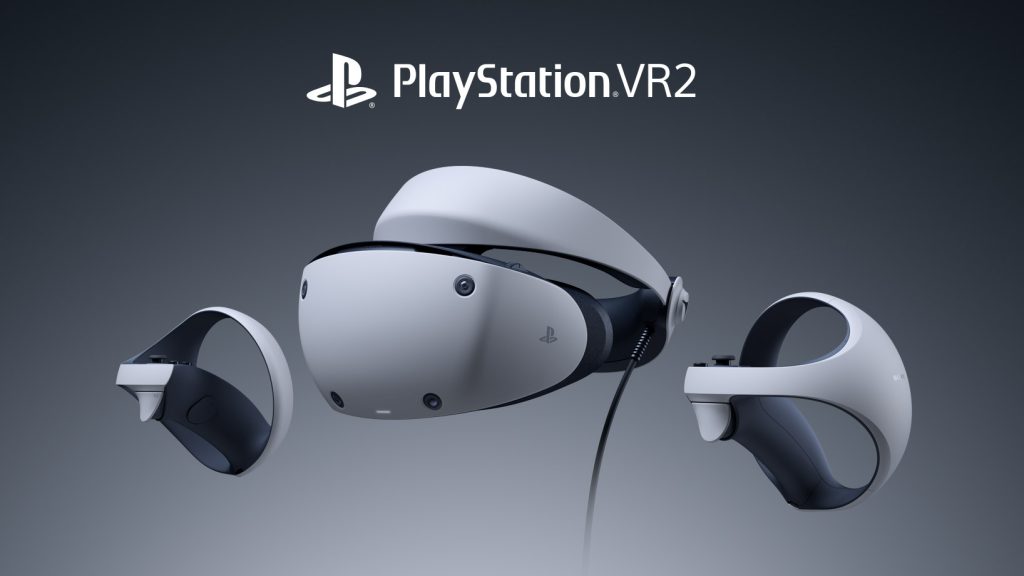After months of teasing, Sony has finally given us a price for its second-generation PlayStation VR headset – and it’s more expensive than the PS5 itself. That being said, the headset looks to be on the bleeding edge of VR tech, and in trying to make it the best headset possible, Sony has added 3 additional processors to PSVR2 for lower latency and higher performance.
As part of MediaTek’s recent 2022 summit, the System-on-Chip manufacturer revealed that they have produced two custom chipsets for the upcoming PlayStation VR2, with one processor being embedded in the headset itself, and the other two being put into each of the two controllers.
Of course, PSVR 2 relies on the power of the PlayStation 5 in order to render and play its titles, meaning these SoCs are being used primarily to improve the unique functions of the headset itself, such as the movement tracking, haptics and more. According to PlayStation’s Shuhei Yoshida (via Android Central) these processors will offer “high standards for low latency, low power consumption, and high performance.”
The PSVR 2 headset and controllers are much more technologically advanced when compared to Sony’s previous generation device. As such, it makes sense that the headset itself would require significant on-board and independent processing power – and so even though this likely contributed to the headset’s costs, it is seemingly all in service of making the device the best on the market.
Discuss on our Facebook page HERE.
KitGuru says: Are you surprised by the number of extra processors needed? What do you think of the PSVR2’s price? Do you have any interest in VR? Let us know down below.
 KitGuru KitGuru.net – Tech News | Hardware News | Hardware Reviews | IOS | Mobile | Gaming | Graphics Cards
KitGuru KitGuru.net – Tech News | Hardware News | Hardware Reviews | IOS | Mobile | Gaming | Graphics Cards



